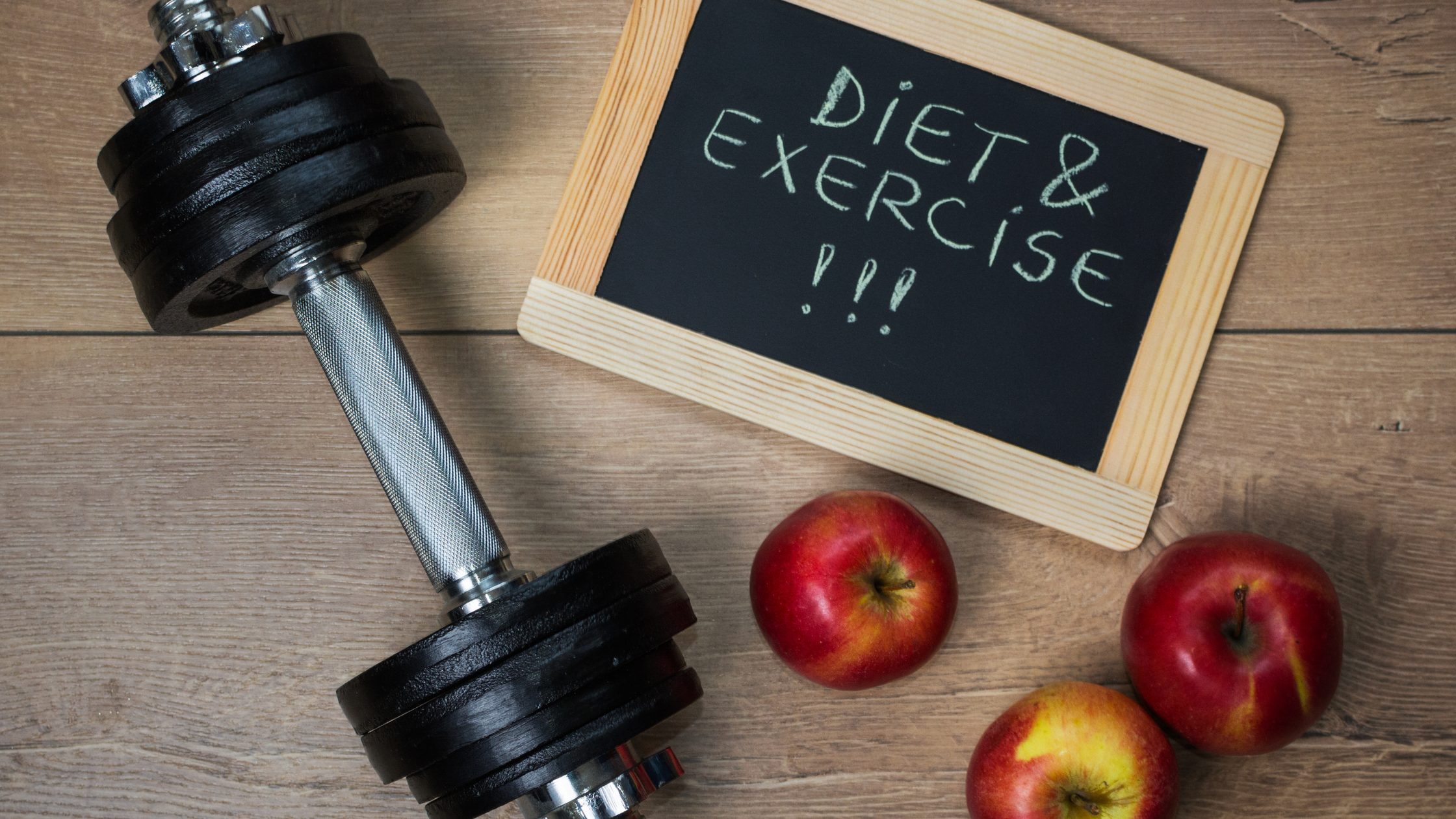
Sleep apnea is a sleep disorder that affects 1 and 5 people worldwide. It is a condition characterized by loud snoring, but is actually a very serious disorder. Sleep apnea involves brief pauses in breathing throughout the night. This can have severe consequences for the body, as oxygen levels drop constantly throughout the night.
This lack of oxygen can lead to inflammation, morning headaches, and a decreased quality of life. Sleep apnea also causes disrupted sleep throughout the night as the body wakes up to begin breathing again. This may be below the level of consciousness of the person with sleep apnea, so they wake up exhausted and have no idea why.
The gold standard treatment for sleep apnea is a continuous positive airway pressure machine, or a CPAP. It blows air into the back of the throat to keep the muscles from collapsing so the airway is open. Although it is a great treatment, it can be uncomfortable throughout the night. However, there may be a way to further improve sleep apnea symptoms - through diet. Continue reading to learn more about the study that showed how diet can improve sleep apnea, even without significant weight loss.
Risk Factors and Consequences of Sleep Apnea
Risks for developing sleep apnea include:
- Male
- Overweight
- Smoker
- Large neck
- Family history
- Alcohol use disorder
- Age
Sleep apnea occurs because the muscles in the back of the throat completely relax, blocking the airway. This causes momentary pauses in breathing for at least 10 seconds. The brain then wakes the body up to begin breathing again and open up those airways. This can happen anywhere from 15 times an hour (mild) to 60+ times an hour (severe).
The symptoms of sleep apnea include:
- Morning headaches
- Excessive daytime sleepiness
- Bothersome snoring
- Mental fog
- Irritability/moodiness
- Depression
- Anxiety
Many of these symptoms coincide with just a lack of sleep due to the progressive sleep deprivation that one encounters with this disorder. If the body continuously wakes up throughout the night, then sleep deprivation is inevitable.
Untreated sleep apnea can be very dangerous for the body. Sleep apnea is related to high blood pressure, obesity, and diabetes. This is because the lack of sleep and low oxygen raises blood pressure throughout the night. It also increases insulin resistance, which can lead to the development or worsening of existing diabetes. Lack of sleep can also increase levels of the hormone ghrelin, which increases hunger pangs and cravings for sweets and processed foods.
If these chronic conditions continue to get out of line, then it can severely increase mortality. That is why it is so important to receive treatment as soon as possible.
Standard Diagnosis and Treatment
The only way to be diagnosed with sleep apnea is through a sleep study, or a polysomnography. This is a process where you go to a sleeping center and are hooked up to many monitors and machines. They measure various vitals and metrics regarding your sleep - oxygen levels, sleep onset time, number of times awake throughout the night, and number apneic (pauses in breathing) events per hour.
After you complete the test, it is reviewed by a sleep health expert who will then diagnose you with sleep apnea. Once you receive the diagnosis, the standard treatment is a CPAP. Along with a CPAP, you are also expected to make lifestyle changes. These include losing weight, reducing habits like smoking and drinking, and improving your sleep hygiene.
New Study "Diet works, even without weight loss!"
Losing weight is notoriously hard. Weight comes on much easier than it goes away. Therefore, some overweight individuals with sleep apnea may think it impossible to improve their sleep apnea through weight loss.
However, a new study states that weight loss may not be necessary. Lifestyle changes with cleaner habits may due the trick. And the best part...weight loss may be an accidental consequence of those changes.
A study published in the JAMA Network Open looked at researchers in Spain who recruited 89 overweight and obese men with moderate to severe sleep apnea. They were split into an intervention group and a control group. The intervention group received counseling on eating healthy, avoiding processed foods, and salty snacks or sugar-sweetened beverages. They weren't given a restrictive diet, but were taught what healthy eating looked like. They also were encouraged to increase their steps by 15% each day. The control group did not receive any of these, and were not told to make any changes.
The intervention group ended up significantly improving their sleep apnea symptoms, 30% going into full remission after 6 months. They also were able to keep off any weight if they had lost it (the mean was 16 pounds). Additionally, 62% no longer needed CPAP machines. Some were also able to significantly lower their blood pressure, which decreased their risk of dying by stroke or heart disease by 30%.
The control group, on the other hand, lost less than a pound of body weight, and had to improvements in the severity of their sleep apnea.
Improvement Without Weight Loss
Although many participants in the study did lose weight, there were some who didn't. These participants still improved their sleep apnea symptoms.
One reason for this may be due to inflammation. Sleep apnea is a sleep disorder associated with increased levels of inflammation. However, eating good foods and exercising reduces levels of inflammatory substances circulating in your body.
This study showed that dietary interventions can be effective at reducing the severity of sleep apnea. If you struggle with sleep apnea, and would like to receive counseling on how to improve your symptoms, please click the orange button below to take a free online sleep test and talk with one of our sleep health experts.
https://www.washingtonpost.com/wellness/2022/11/15/sleep-apnea-diet-treatment-alcohol/

